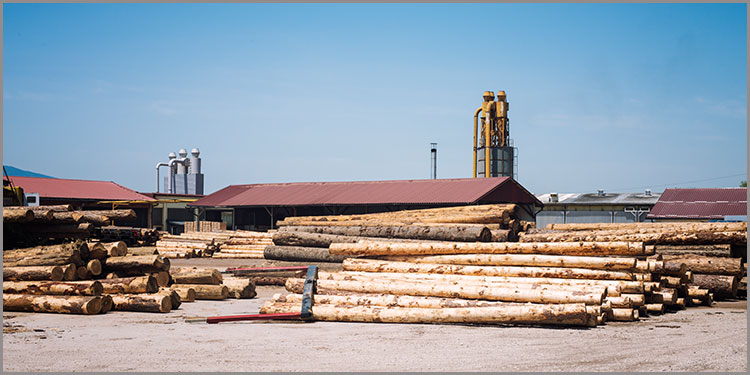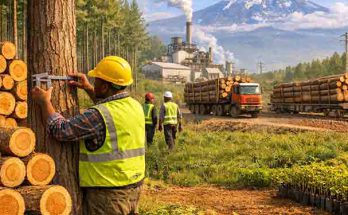
Kenya’s increasing need for timber—fueled by fast-paced urban growth, a booming construction sector, and industrial expansion—is creating fresh prospects for investment and cross-border trade. According to the Forest Status Report 2024, national wood demand has reached 37 million tonnes annually, with timber and pole requirements already being met locally. This signals a robust and thriving construction and manufacturing sector that is set to drive economic transformation.
In response to the high demand, Kenya is strategically engaging with regional partners such as Tanzania and the Democratic Republic of Congo (DRC) to supplement its wood supply. This cross-border collaboration is helping ensure continued availability of timber and wood-based materials while strengthening East African trade ties. It also fosters economic integration and resource sharing in line with the African Continental Free Trade Area (AfCFTA) agenda.
The government is actively turning this challenge into an opportunity by accelerating investment in domestic forestry. Cabinet Secretary for Environment and Forestry, Hon. Aden Duale, emphasized efforts to raise forestry’s contribution to GDP from 3.6% to 10%. Incentives for tree planting, commercial forestry, and sustainable wood fuel solutions are already in place, supporting green jobs and rural livelihoods.
Kenya’s tree-planting efforts and forest management reforms are setting the stage for the country to become a key player in eco-friendly wood production. By using well-planned imports to meet immediate needs and putting in place solid policies to restore forests over time, Kenya is building a future that balances development with environmental care.



